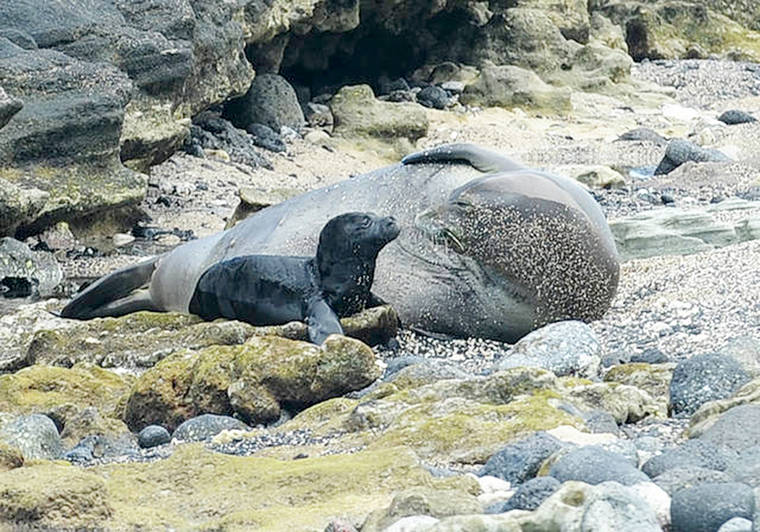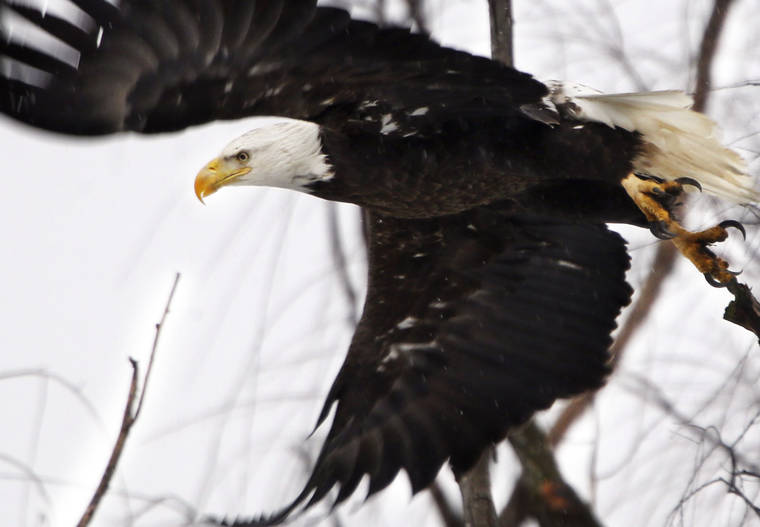WASHINGTON — The Trump administration on Monday issued a controversial overhaul of the Endangered Species Act, which is used to protect the country’s most threatened animals and plants.
Republican lawmakers and industries such as logging and oil drilling have long blasted the 1973 legislation as overly burdensome, while environmental activists have hailed the act as a massive success in preventing the likely extinction of hundreds of species.
Drew Caputo, the head of the environmental legal group Earthjustice, called the changes an “effort to gut protections for endangered and threatened species.”
The new Trump administration directives amend implementation of the law to allow the gathering of economic impact information when considering whether to add a species to the protected list.
Economic analysis will not be used to make determinations, the administration said, but critics said it opens the process to outside influence.
The administration also made changes that critics say allows for threats like climate change to be disregarded.
Pushing back against the criticism, Interior Secretary David Bernhardt and other administration officials contend the changes improve efficiency of oversight while continuing to protect rare species.
“The best way to uphold the Endangered Species Act is to do everything we can to ensure it remains effective in achieving its ultimate goal — recovery of our rarest species,” he said in a statement. “An effectively administered Act ensures more resources can go where they will do the most good: on-the-ground conservation.”
The Trump administration revisions, which will go into effect in 30 days, will alter the law’s implementation but larger Republican-backed overhauls have failed to pass Congress.
“The revisions finalized with this rulemaking fit squarely within the President’s mandate of easing the regulatory burden on the American public, without sacrificing our species’ protection and recovery goals,” Secretary of Commerce Wilbur Ross said. “These changes were subject to a robust, transparent public process, during which we received significant public input that helped us finalize these rules.”
The shift in U.S. environmental regulations comes as the United Nations has reported that around 1 million plant and animal species are under threat of extinction worldwide, many within a decade.
More than 2,000 species are on the threatened or endangered list in the United States.
The announcement sparked widespread outcry from environmental activists and Democratic lawmakers.
Senate Minority Leader Chuck Schumer, D-N.Y., called the shift a “slap in the face to those fighting to address the climate crisis.”
“Once again, the Trump Administration is prioritizing profits for big oil ahead of the health and safety of our planet and future generations,” Schumer said.


